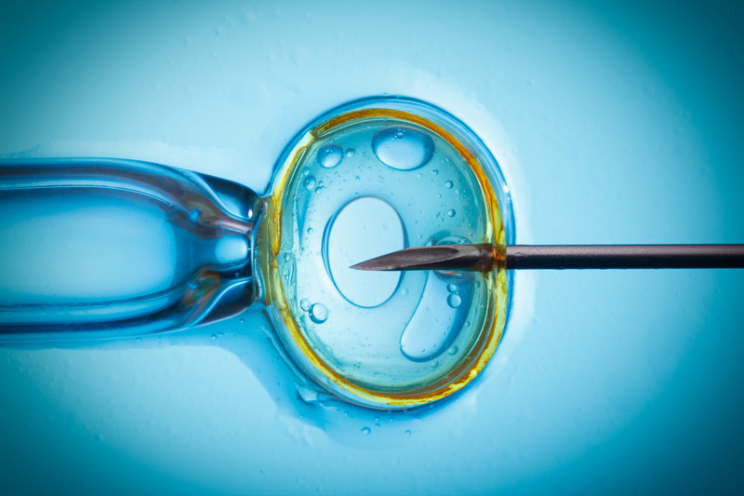These days, fertility science can bring the joy of parenthood to those surviving a deceased partner. But what about the inheritance rights for such miracle progeny? Well, there are limits.
That’s the decision of the U.S. Second Circuit Court of Appeals, which recently ruled that children conceived 11 years after the death of their biological parent aren’t automatically entitled to Social Security survivors benefits. The case, MacNeil v. Berryhill (2d Cir. 2017) 869 F.3d 109, stems from a New York woman’s challenge on behalf of her twins, who were conceived via in vitro fertilization from sperm their father banked in the months before he died of cancer at age 24—without a will. Eligibility for Social Security survivors benefits depends on whether the applicant is recognized as a child of the decedent under state laws of intestacy—or inheritance rights when someone dies without a will.
To qualify in California, the decedent must have done a bit of planning: For example, the deceased parent must have authorized in writing the use of his or her genetic material for posthumous conception and designated someone to control it. Plus, the clock is ticking: A embryo would need to be in utero within two years after a death certificate was issued. Probate Code §249.5, Vernoff v. Astrue (9th Cir 2009) 568 F.3d 1102.
It’s a tragic reminder for even young adults to work with an estate planner to spell out their wishes on paper in case disaster strikes, with attention to not only the known loved ones, but any potential offspring.
About the author:
John O’Grady leads a full-service estate and trust law firm in San Francisco. His practice includes Estate Planning & Administration, Probate and Trust Litigation.




